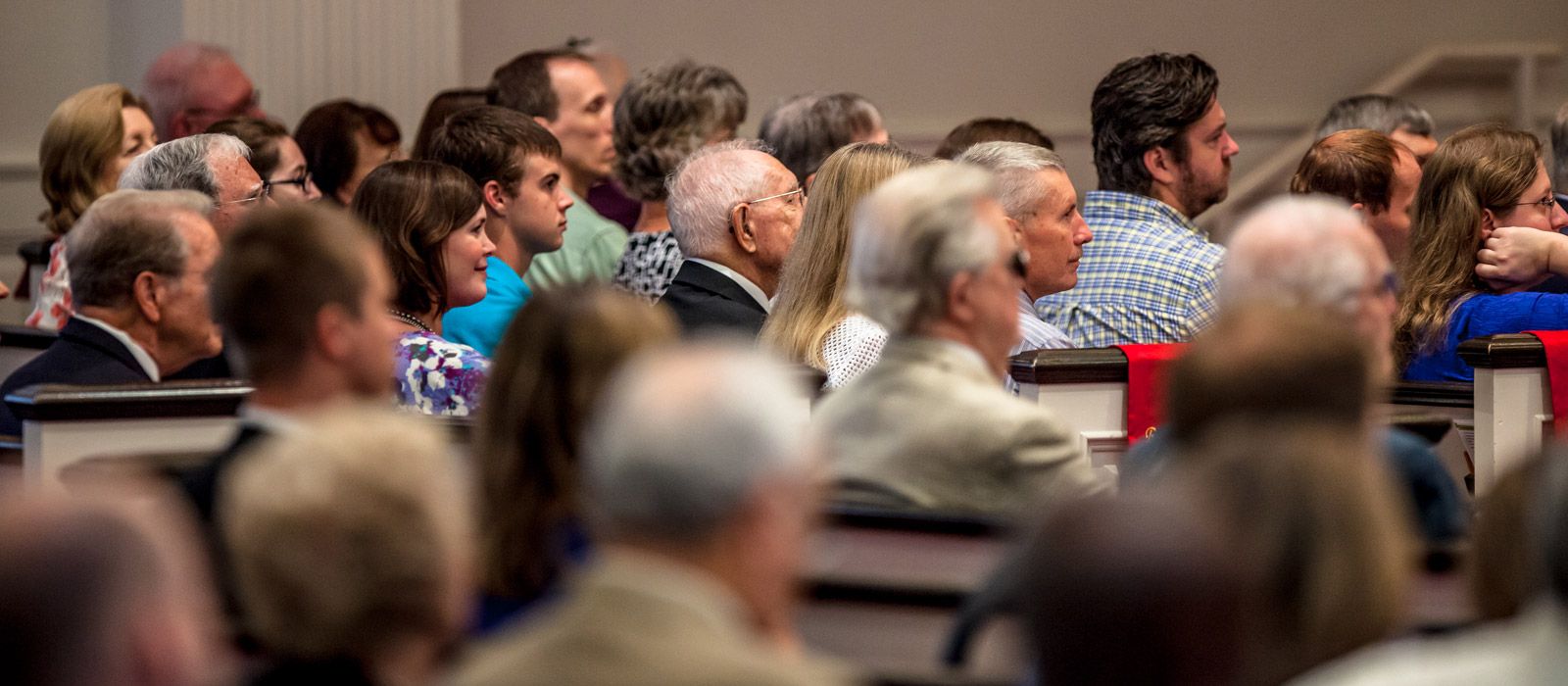WHAT WE BELIEVE – GOD THE SON
Jesus Christ is unarguably the most important person to ever walk the earth. Our modern calendars, whether you use “in the year of our Lord” (AD) or the academic “Common Era” (CE), are divided by the birth of Jesus Christ. The three major monotheistic religions in the world, Judaism, Christianity, and Islam, are divided over who Jesus is. What you believe about Jesus is significant. As Christians, we argue that what you believe about Jesus is of eternal significance.
Our statement of faith proclaims “that Jesus is the Son of God and in his incarnation was conceived by the Holy Spirit and born of a virgin. He is wholly God and wholly man. He lived a sinless life, shed His blood, and died in our place on the cross as a sacrifice for the sins of humanity. He was buried, arose bodily from the grave, and ascended into Heaven where he now sits at the right hand of the Father. He is the one and only Savior of humanity who will physically return to earth to consummate his work of redemption.”
The Baptist Faith and Message 2000 declares, “Christ is the eternal Son of God. In his incarnation as Jesus Christ he was conceived of the Holy Spirit and born of the virgin Mary. Jesus perfectly revealed and did the will of God, taking upon himself human nature with its demands and necessities and identifying himself completely with mankind yet without sin. He honored the divine law by his personal obedience, and in his substitutionary death on the cross he made provision for the redemption of men from sin. He was raised from the dead with a glorified body and appeared to his disciples as the person who was with them before his crucifixion. He ascended into heaven and is now exalted at the right hand of God where he is the One Mediator, fully God, fully man, in whose Person is effected the reconciliation between God and man. He will return in power and glory to judge the world and to consummate his redemptive mission. He now dwells in all believers as the living and ever-present Lord.”
The person of Christ is simply defined by the statement Jesus Christ was fully God and fully man in one person and will be so forever.
We see the humanity of Jesus through his virgin birth (Matthew 1:18) and his weaknesses and limitations. After all, Jesus ate, slept, and drank just like we do. He increased in wisdom (Luke 2:52) and was limited in knowing his own second coming (Mark 13:32). In his humanity, Jesus experienced emotions such as marveling at the centurion’s faith (Matthew 8:10 and weeping (John 11:35).
Jesus’s deity is expressed in the use of theos, the Greek word for God, when referring to Jesus (John 1:1, 18; 20:28; Romans 9:5; Titus 2:13; Hebrews 1:8; 2 Peter 1:1). Also, the New Testament writers used kyros, the Greek word for Lord, as a reference for the Christ (Matthew 3:3; Luke 1:43; 2:11). Finally, the religious leaders of Jesus’s day understood his “I am” statements (John 6:35, 41, 48, 51; 8:12; 10:7, 9, 11, 14; 11:25; 14:6; 15:1, 5) as referring to his claim to divinity.
All of this meets in the Incarnation of Jesus Christ where the divine took on human flesh in the person of Jesus Christ (John 1:1-18; Hebrews 1:1-4). We can say without hesitation that anything either nature of Christ does, divine or human, the person of Christ does.
As sinners, however, the most important aspect of Christ’s first coming was his atoning sacrifice on the cross for our sins. He did this both out of love (John 3:16) and justice (Romans 3:25). We read in 2 Corinthians 5:21 that “For our sake [God] made [Jesus] to be sin who knew no sin, so that in [Jesus] we might become the righteousness of God.”
But our hope would be dashed if all Jesus did was die for our sins. To make full atonement, Jesus resurrected from the grave and, after forty days, ascended into heaven where he is sitting at the right hand of the Father interceding for those who believe in him until he comes back at the end of this age (Acts 1:1-11; Mark 16:19-20; 1 Corinthians 15:1-6).
Therefore, as Christians we argue that whatever one believes about Jesus Christ is of eternal significance. It is also why we gather on Sunday, the first day of the week, the Lord’s Day, to worship our risen Savior, Jesus Christ. As redeemed children of God through the shed blood of Jesus Christ we now have the joy and responsibility to work out our salvation (Philippians 2:12) and to be ambassadors of our risen King (2 Corinthians 5:20).
“Now to him who is able to keep you from stumbling and to present you blameless before the presence of his glory with great joy, to the only God, our Savior, through Jesus Christ our Lord, be glory, majesty, dominion, and authority, before all time and now and forever. Amen” (Jude 24-25).


Terry Delaney, Associate Pastor of Missions & Pastoral Care

